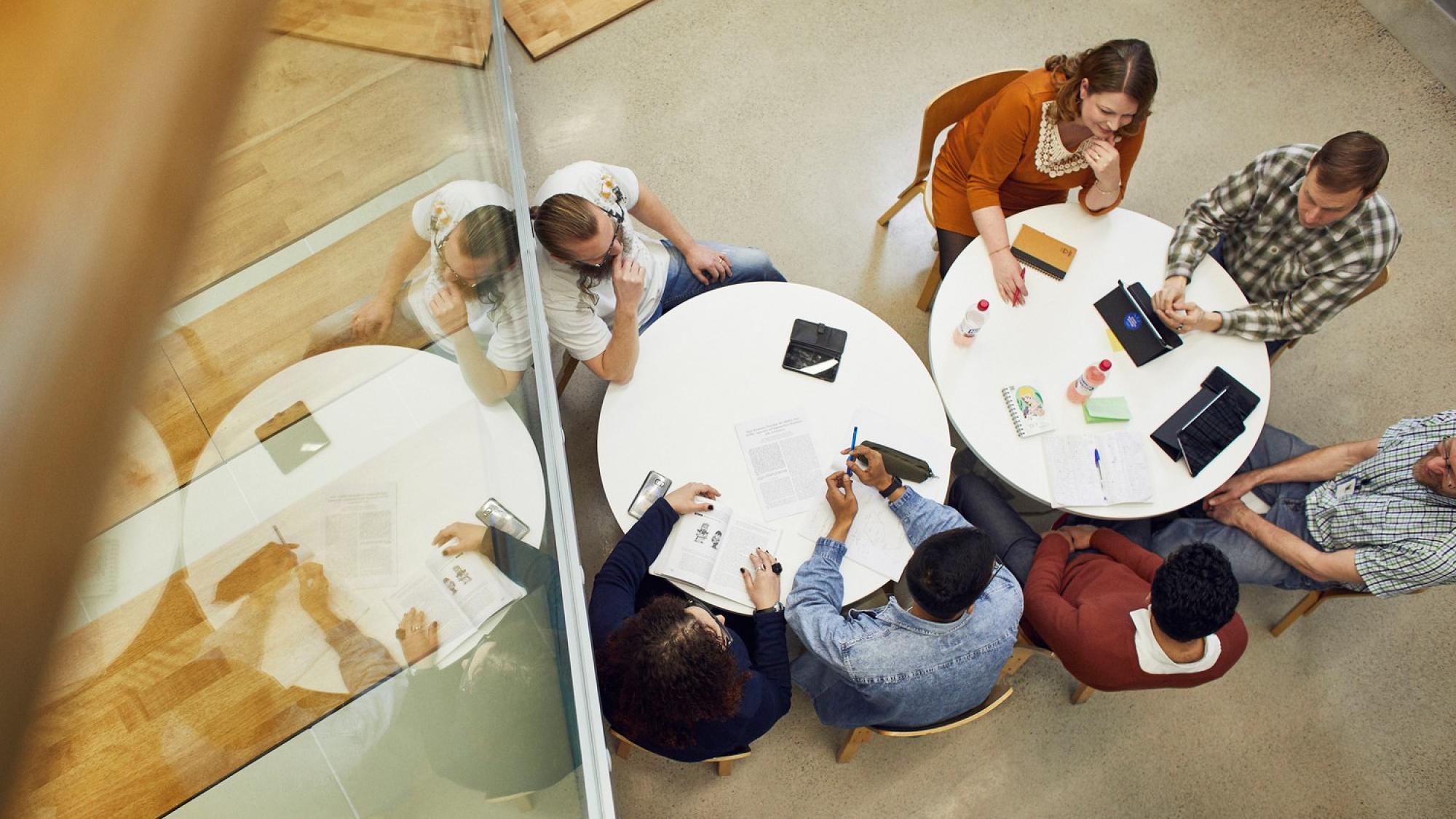Science with Arctic Attitude (fi)
Tutkijat ylittävät tunnetun rajoja joka päivä. Science with Arctic Attitude -blogimme antaa äänen niille, jotka tietävät. Se on Oulun yliopiston tutkijoiden blogi, jossa he avaavat työtään ymmärrettävällä tavalla, kukin tyylillään. Kirjoituksissaan he jakavat tutkimustyön arkea, näkemyksiään, onnistumisiaan ja vastoinkäymisiään. Blogiin tulee säännöllisesti uusi kirjoitus suomeksi tai englanniksi.
Science with Arctic Attitude -blogia toimittavat viestintäasiantuntijat Kukka Haapaniemi (päätoimittaja), Anna-Maria Hietapelto ja Meri Rova.
